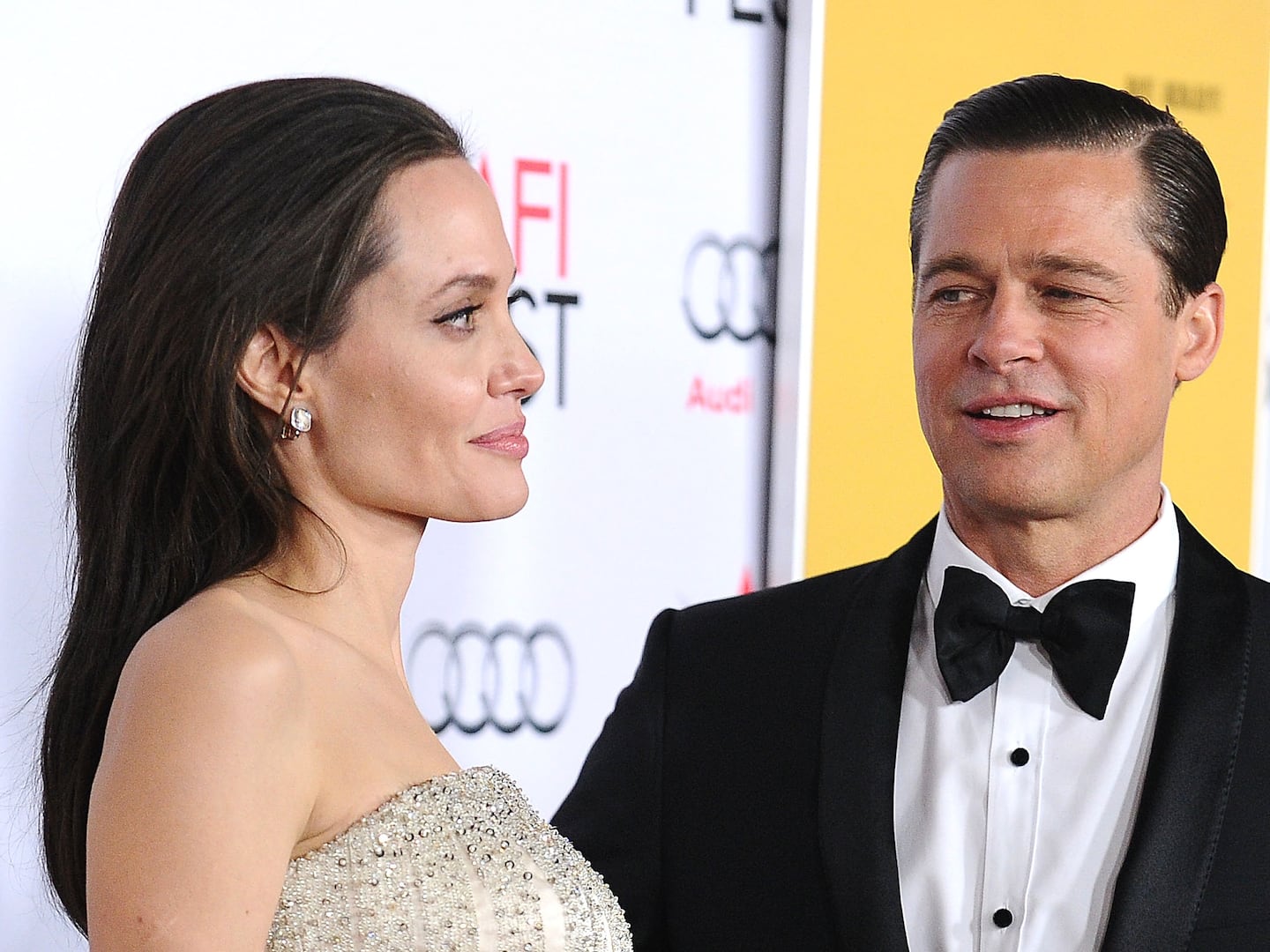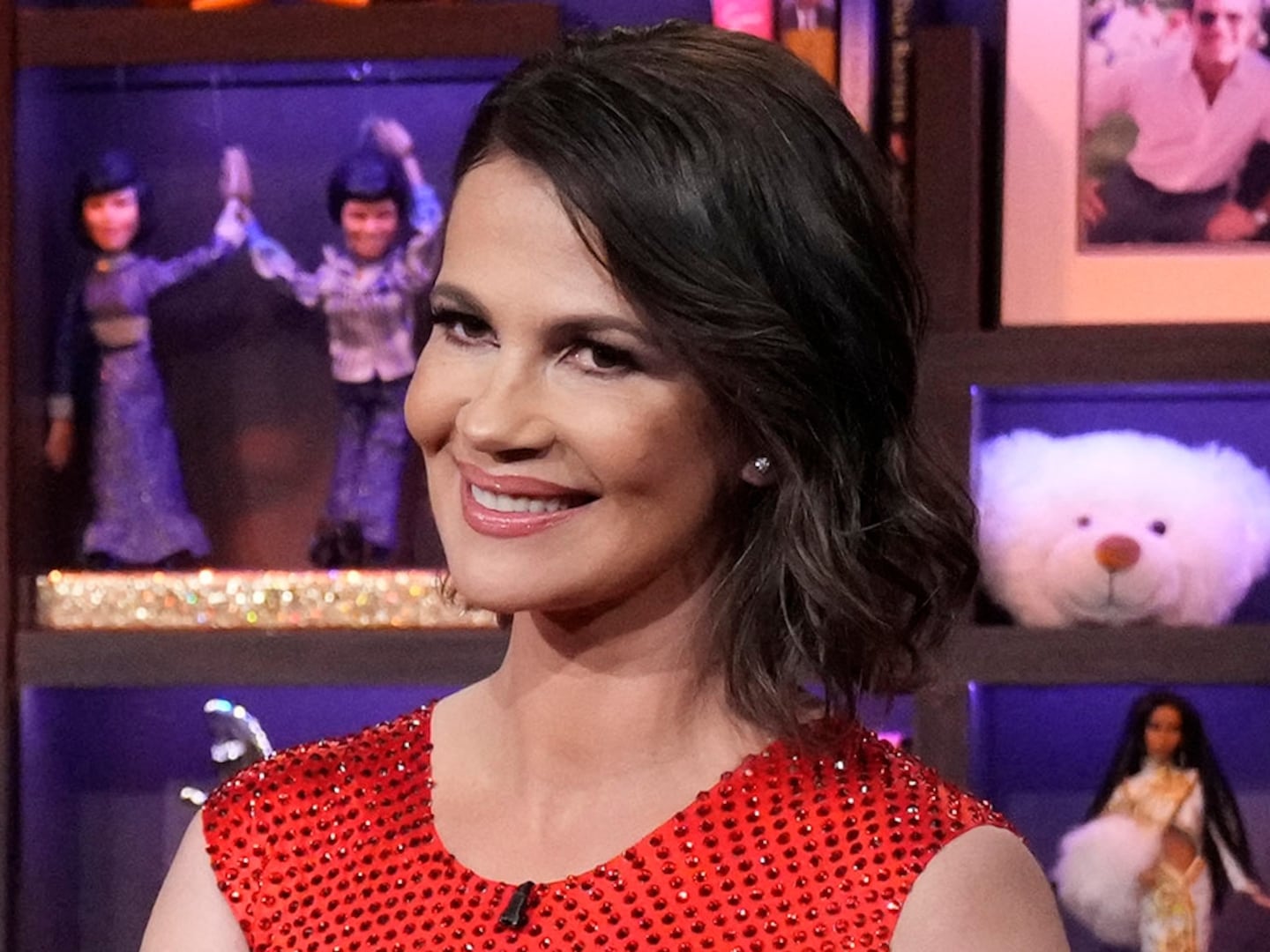Following the big swings of his first two directorial efforts, A Star Is Born and Maestro, Bradley Cooper dials it back and loosens up with Is This Thing On?, an amusing drama about a husband and wife at a midlife crossroads.
In place of his past work’s virtuosic showiness, the writer/director (leaving the musical world behind) opts for character-focused intimacy, his latest less interested in grand gestures than in the minute details that bring people together and tear them apart.
His relaxed approach goes a long way toward making the film an endearing snapshot of the thorny ties that bind. So too does Will Arnett, who in his maiden big-screen headlining turn delivers a soulful performance that exists at the intersection of humor and pain—and, alongside an excellent Laura Dern, elevates this amiable (if somewhat slender) serio-comic affair.
Premiering at the New York Film Festival (as its closing night selection) ahead of its Dec. 19 theatrical release, Is This Thing On?—inspired by the true story of British comedian John Bishop—is akin to a jokier and more upbeat Marriage Story, insofar as it similarly concerns a union on the precipice of irrevocable collapse.

Alex (Arnett) and Tess Novak (Dern) have been together forever, and yet their relationship appears to be nearing its end, marked by whispered conversations outside their sons’ bedroom about Alex’s imminent plan to move out of their suburban New York house. That he does, into an apartment that, at least initially, bears the hallmarks of a grungy bachelor pad, all half-unpacked cardboard boxes and spartan furniture.
This is the culmination of the couple’s growing estrangement, which is piercingly felt at a party at the home of their close friends (Cooper and Andra Day)—who are also on the rocks, due to his drugged-out weirdness—during which things are so tense that Tess’ offhand comment about Alex not being alive lands with concussive weight.
Alex works in finance and Tess is a former volleyball star-turned-homemaker, and in the aftermath of their separation, they struggle to acclimate to their newly single lives—a process complicated by the presence of their two young boys, whose innocent questions stem, quite clearly, from deeper worries about their future circumstances.
Forlornly traversing the West Village at night, Alex stumbles upon a bar that boasts a $15 cover unless he signs up to perform at the neighboring Comedy Cellar’s open mic night. Partially high from the pot cookie he just shared with Tess on a train platform—the culmination of a beautiful oner that tracks the duo through Grand Central Station’s lower level—Alex puts his name on the list. In front of a crowd waiting to be entertained, he wings it, talking about his life and his lack of preparation for the spotlight, and he improvises enough clever quips to earn a smattering of laughs.

Taken by this warm reception, as well as the welcoming comics who work this circuit, Alex begins revisiting the Comedy Cellar to do routines about his marriage and its fallout, and Is This Thing On? maintains proximity to him as he uses stand-up as a vehicle for therapeutic confession and confrontation. Arnett’s natural wittiness is the key to making Alex’s act work, although the actor smartly grounds the character’s comedy in grief, regret, bitterness, and self-loathing.
Misery begets mirth and, then, rebirth, as Alex is slowly revitalized by this pastime, which he keeps secret from Tess and the rest of his family, including his meddling mother (Christine Ebersole) and laid-back father (Ciarán Hinds). Tess, meanwhile, gradually tries to manifest her own renaissance, contemplating a career in volleyball coaching that, eventually, leads to a dinner-date meeting with a fellow coach (Peyton Manning) who’s not-so-subtly thrilled to hear that she’s back on the market.
Cooper stages familial get-togethers with Robert Altman-esque overlapping dialogue and shoots much of his action with John Cassavetes-lite handheld, giving Is This Thing On? a cozy immediacy that aids both its poignancy and funniness.
Aside from an elementary school-set opener in which a morose Alex zones out as kids scream and yell for a Chinese New Year celebration involving a lion dance by performers in a traditional costume—a sight that’s revisited during the couple’s sons’ birthday party—the director doesn’t strain to embellish the material.

Less appealing, however, is his lax plotting; written by Cooper, Arnett and Mark Chappell, the film is off-the-cuff and easygoing to a fault, barely fleshing out its peripheral characters (what is Sean Hayes even doing here?) and losing track of storylines in a manner that renders the entire affair borderline sketchy.
In their many scenes together, Arnett and Dern’s chemistry is unbelievably strong, their joy and anger laced with a sense of spiky up-and-down history. Yet caught between raw honesty and fun-loving lightheartedness, Is This Thing On? never draws blood.
Cooper is content to keep things on an even keel rather than truly wrestle with his tale’s underlying messiness, and stranger still, his Comedy Cellar passages feel tourist-y, as if the film were too shy to really immerse itself in this bawdy, wild, late-night milieu. Regardless of the camera’s in-your-face vantage points, there’s a remove to these sequences that’s at odds with the proceedings’ sincere interest in Alex and Tess, whose increasingly strained rapport takes an unexpected turn courtesy of an impromptu Manhattan encounter.

Is This Thing On?’s best moments are its smallest, most of them involving close-ups of Dern, who expresses so much in a few tight compositions—including a magnificent reaction shot in a minivan passenger seat—that she plumbs depths only hinted at by the script.
Arnett is equally exceptional, skillfully tapping a BoJack Horseman-esque vein of sad-clown despair that’s colored by a desperate desire for peace and stability. Cooper avoids simple answers to the difficult questions he raises about individual and marital happiness, recognizing that sometimes, what keeps people together isn’t just the obvious stuff (common goals, dispositions, habits, etc.) but the ability to be themselves, good and bad, in each other’s company.
If his third behind-the-camera venture rarely gets completely under the surface, it nonetheless hits a sufficient number of wise and witty notes—and also affords Cooper, as Alex’s spacey BFF, a prime opportunity to steal every scene he’s in.









